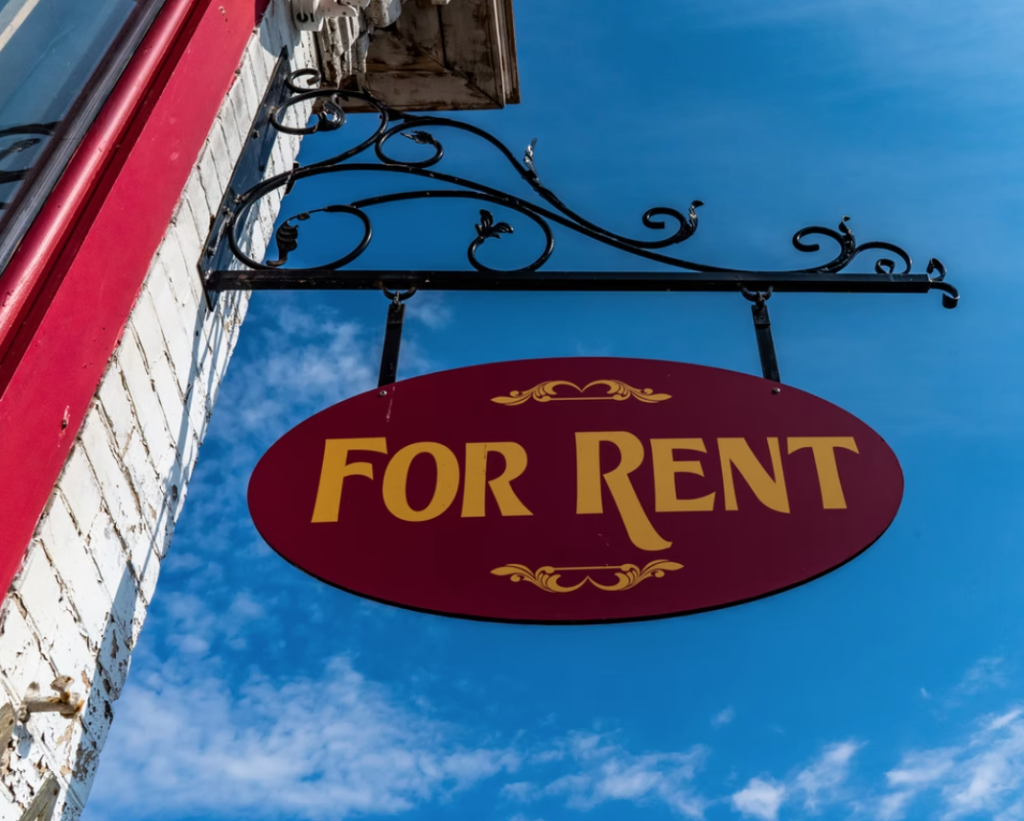
One of the most cherished sayings in the content marketing world is “don’t build on rented land.”
I don’t know where this started but it has been repeated ad nauseam on Copyblogger, Content Marketing Institute, endless podcasts … well, everywhere.
But I have said for many years, that yes, you absolutely need to build on rented land because that’s where your customers are. And now, there’s data to prove I’m right. So let’s dive into the mythology of this cherished saying and why we need to shatter this outdated thinking once and for all.
In defense of the home base
First, I want to emphasize that of course, you need an archive for your content outside of the social media world. If you don’t have an “owned” home for your content, your entire web presence is at risk. I feel bad for those who bet their careers on Google Plus or, more recently, Facebook Notes, and then had the rug pulled out from under them.
But many of the anti-rented-landers argue that everything should be on your home base and that you need to own your audience and community on your own site. Their philosophy is that when you publish outside your own website you don’t have any hope of “owning” your audience.
As I’ll show today, the dynamics of the web today necessitate that we update our thinking about our content and audience.
An efficient strategy
The first reason we should establish strong content hubs on the leading social channels is efficiency.
If you publish on LinkedIn, YouTube, etc, your content becomes part of the organic user experience. It flows in the timeline. But if the content is hidden away in some private archive or community, instead of spending time creating content, you’ll be forced to focus your precious time DRAGGING people to your website every day. Unlikely.
It’s more efficient to reach people where they are hanging out instead of spending your resources convincing them that they need to visit your website.
The positive economics of rented land
The second reason to build hubs on rented land is economics.
The economic value of content that is not seen and shared is zero. So, your job as a marketer is to unleash that content. Get it in front of as many people as possible. Put it anywhere it can possibly be seen and enjoyed.
That also means removing gates that keep people from getting to your content, but that’s a story for another day.
Content does not drive the ROI of content marketing. TRANSMISSION of content drives your return. So build a competency in moving content everywhere, every day.
The new reality of rented land
Rand Fishkin, the mastermind behind Spark Toro recently wrote an interesting piece called The Incentives to Publish No Longer Reward the Web’s Creators.
It is worth the full read, but here is a snapshot of the current content publishing landscape, according to Rand:
- Google dramatically reduced the visibility of organic links in favor of paid advertisements and Alphabet-owned properties/instant answers. They now have about 95 percent monopoly control of the search landscape.
- The major social players have all either:
- prohibited external links (TikTok)
- reduced the reach of anything that includes an external link (LinkedIn, Facebook, Twitter, Instagram – indirectly by reducing reach* of posts that include “link in bio” or similar)
- encouraged user cultures skeptical of external links (Reddit, Discord, YouTube, Pinterest, Quora)
- and killed or never allowed referral tracking so creators can see where their traffic comes from (Instagram, Discord, WhatsApp, Google Discover, and others)
- Meanwhile, no major new platform has risen to benefit creators who publish on their own sites. Google Discover is the possible exception, but since it hides referral traffic, supposedly reporting on it only in Search Console, it’s intentionally hard to determine or trust)
Ten years ago, creating amazing content that people would want to consume and share was a powerful way to build a brand on the web. But today, that same content is unlikely to get 10 percent of the reach or clicks it received just a few years ago.
In summary … Content Shock has arrived.
The data show that building a content hub on your own site alone is not going to reach an optimal audience today. Publishing “on rented land” isn’t just an efficient and economic choice, it’s an essential one.
Adjusting the world view
In essence, every social media policy, practice, and procedure enacted over the past 10 years has made it nearly impossible to drive people to your “owned” media presence. So why are we still obsessed with this idea?
If you weren’t convinced before that the efficiency and economics of publishing on rented land made sense, the fact that the world is literally built to support this strategy should push you over the top.
Set your content free. Publish everywhere and anywhere your audience could possibly see it whether that is owned land, rented land, or the dark side of the moon.
Make sense?
 Mark Schaefer is the executive director of Schaefer Marketing Solutions. He is the author of some of the world’s bestselling digital marketing books and is an acclaimed keynote speaker, college educator, and business consultant. The Marketing Companion podcast is among the top business podcasts in the world. Contact Mark to have him speak to your company event or conference soon.
Mark Schaefer is the executive director of Schaefer Marketing Solutions. He is the author of some of the world’s bestselling digital marketing books and is an acclaimed keynote speaker, college educator, and business consultant. The Marketing Companion podcast is among the top business podcasts in the world. Contact Mark to have him speak to your company event or conference soon.
Follow Mark on Twitter, LinkedIn, YouTube, and Instagram.
Illustration courtesy Unsplash.com


